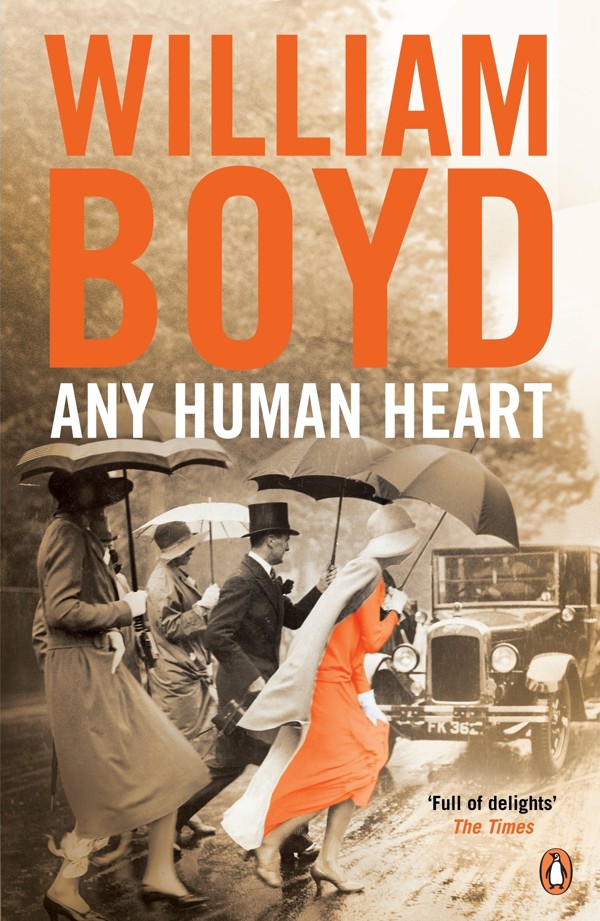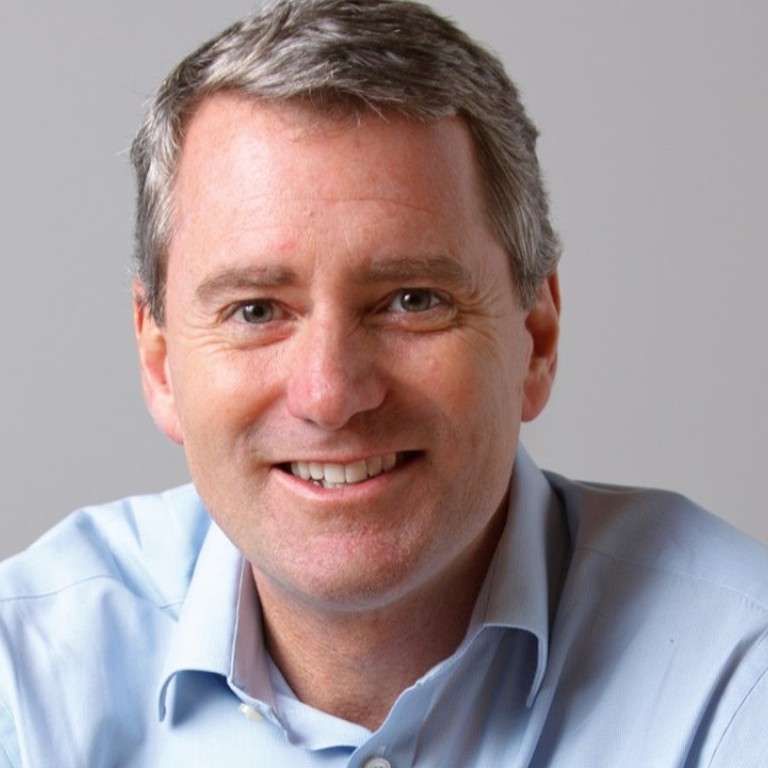
Five books Room to Read founder can’t live without: John Wood’s must-reads for a desert island
Top picks for the former Microsoft executive include a novel without quotation marks, a book about a writer who becomes a spy and art dealer, and a life-changer from the Dalai Lama
How these girls, and millions like them, defied odds to stay in school
He wrote a book on his experience, Leaving Microsoft to Change the World, and most recently published Purpose, Incorporated: Turning Cause Into Your Competitive Advantage.
Here are the five books he’d take to a desert island, in his own words.
Any Human Heart
by William Boyd, 2002
I read this about 10 years ago and soon afterwards spotted it on the bookshelf of Amy, the woman who would become my wife. It made me think, “Maybe this is the one”. The book is about a writer who travels around the world, becomes a spy and eventually an art dealer, and lives an interesting, peripatetic life.
Five books top Hong Kong chef Richard Ekkebus couldn’t live without
It’s written in the form of journals, some of which are missing, so you read the story knowing that some parts of his life will not be revealed. William Boyd is one of my favourite authors. I was speaking at a Room to Read event in London some time ago and saw him in the audience. It was a little intimidating seeing the man who wrote one of the greatest novels of all time sitting in the front row. We got to have a chat afterwards.
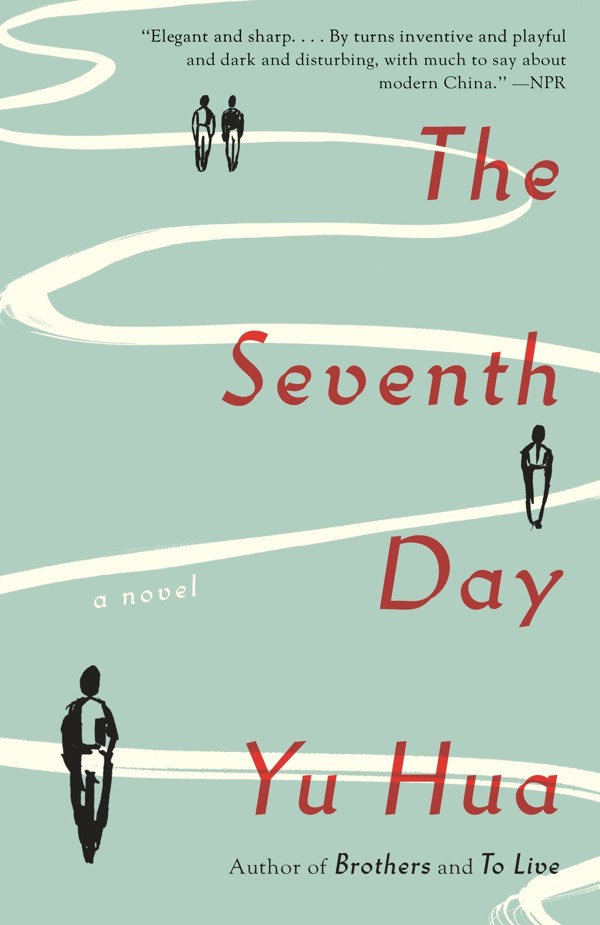
The Seventh Day
by Yu Hua, 2013
When Amy and I moved from New York to Hong Kong four years ago, I felt I hadn’t read enough Chinese novels. I’d read books by Chinese-American writers, such as Ha Jin, but not by Chinese writers living in China. I came across this book in an Eslite bookstore.It’s about Yang Fei, who is born on a train, lost by his mother and adopted by a man who worked on the railway.
Five books Save the Children CEO Amy Fong can’t live without
He never finds his place in the world and dies in poverty. Because he’s not able to pay for a burial plot, his spirit roams the earth. Over seven days he meets interesting people who share the same fate. It’s a compact novel, which I appreciate, and interesting meditation on life and death which could be read again every year. I’ve recommended it to many people who have enjoyed it.
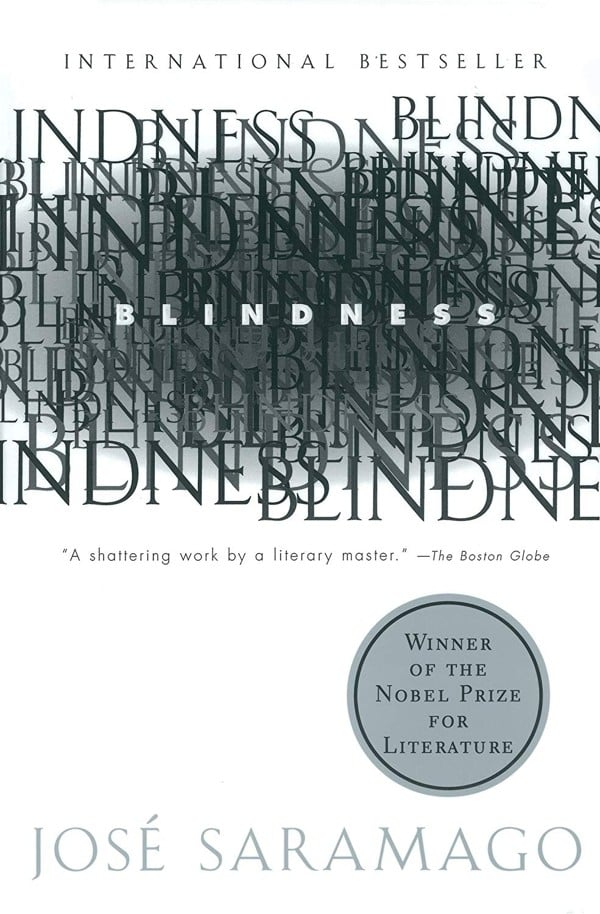
Blindness
by Jose Saramago, 1995
I’ve always both loved and been intimidated by Jose Saramago. I tried reading All the Names (1997) and found it difficult to follow. Then I picked up Blindness and was sucked in. The novel is based around the idea of what life would be like if blindness was an epidemic and people could catch it.
Five books a fine-art photographer couldn’t live without
Saramago doesn’t use quotation marks so the reader needs to play close attention to follow who is speaking. : This is interesting because it mimics what it might be like to be blind. And he doesn’t give his characters names, he just describes them. Saramago wrote a sequel to this book, titled Seeing (2004).
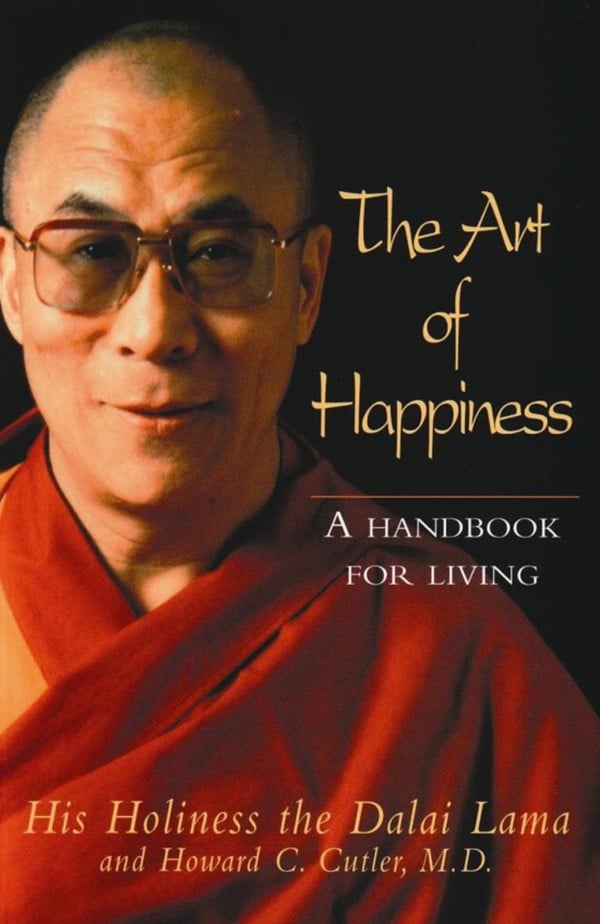
The Art of Happiness
by the Dalai Lama, 1998
This is an incredibly important book for me. I carried it in my backpack on my first trip to Nepal in 1998 at a time I was thinking about life and what it means. I’d been at Microsoft for seven years, was fortunate enough to have made a decent amount of money by a young age and was wondering if I should do something else with my life.
Five favourite books of first woman to climb the Seven Summits
In Nepal I met the headmaster of a school who asked me to help get books for his school. This book made me realise that it’s not money that makes you happy – it’s serving others. I’ve travelled the world during the past 18 years and some of the happiest people I’ve met are those in the service of others, doing good in the world.
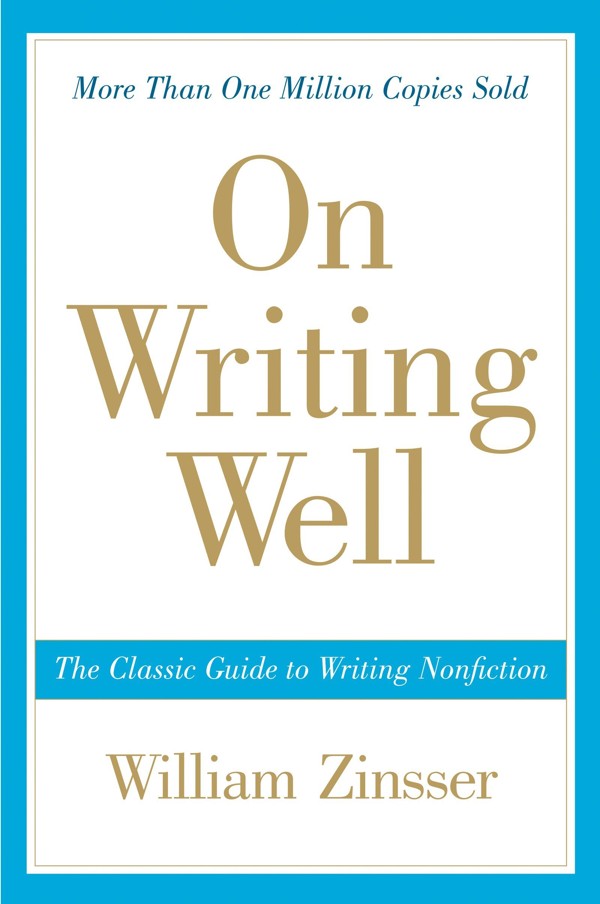
On Writing Well
by William Zinsser, 1976
My book Leaving Microsoft to Change the World started off as a series of vignettes to my parents. I’d been living overseas and travelling so much, but felt I’d never told my parents about what I’d done and seen.
My mother like the stories, but of course she did – she’s my mum. The idea for a book came from Time journalist Andrew Perrin.
A friend in San Francisco gave me William Zinsser’s On Writing Well and whenever I had writer’s block I’d read a few pages and it would get me unstuck. If I was on a desert island I’d have a lot of time on my hands and would want to write another book – or books. Zinsser was a professor at Yale and it would be good to have his professorial voice on a desert island.


